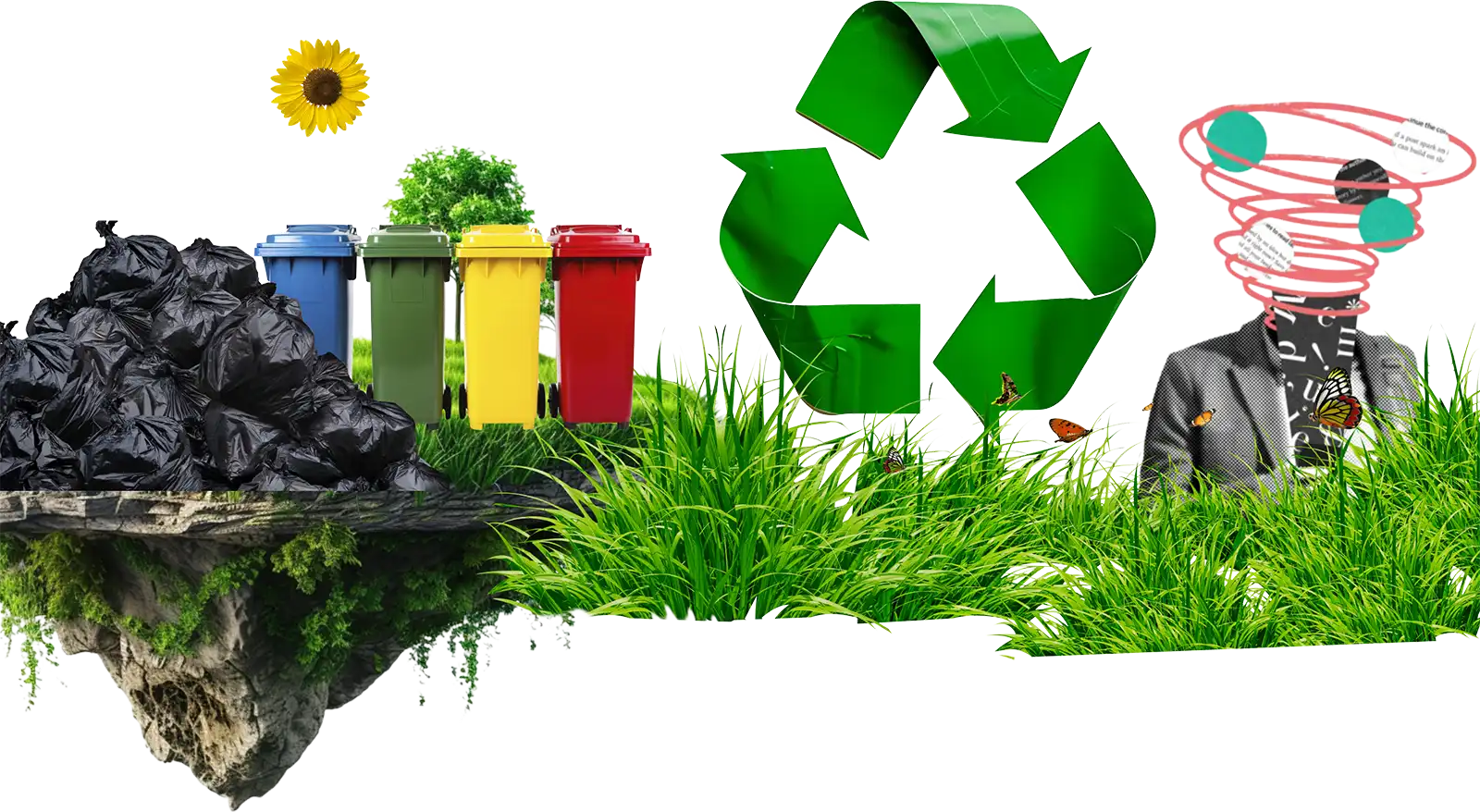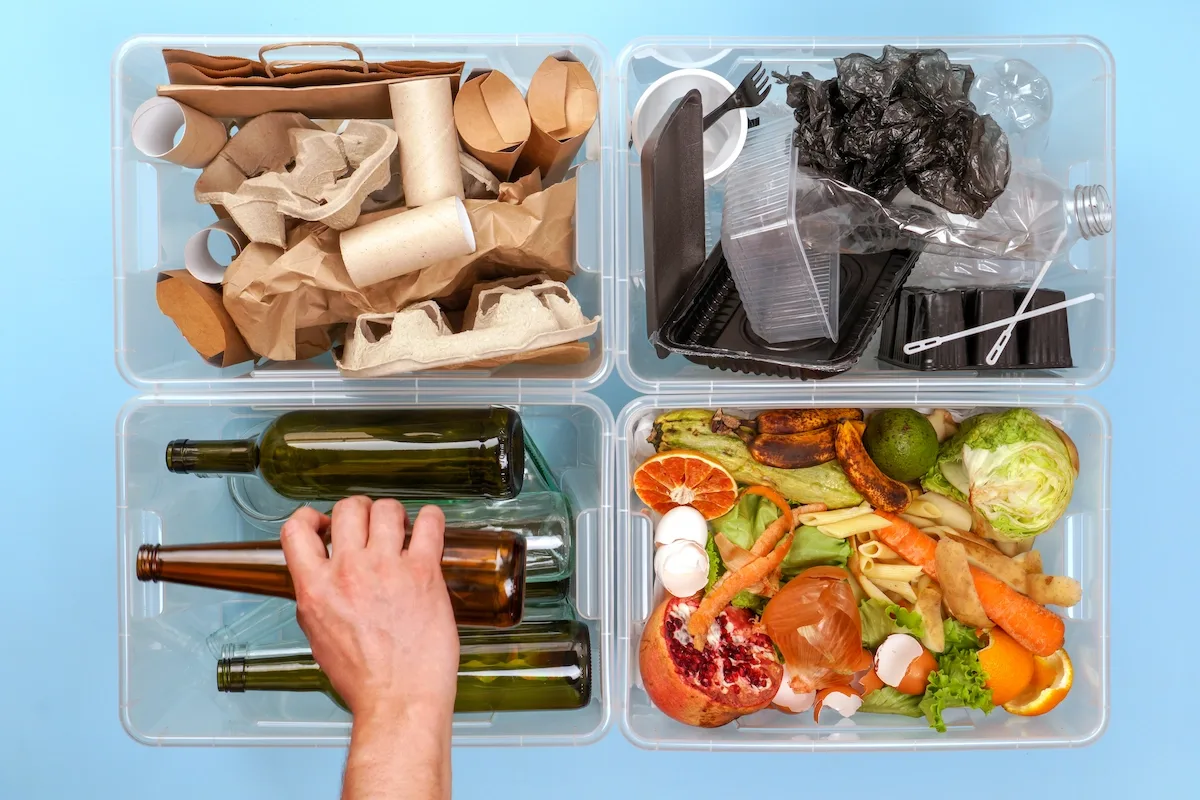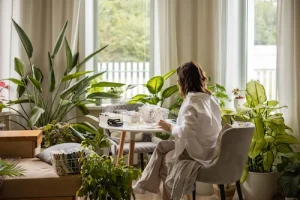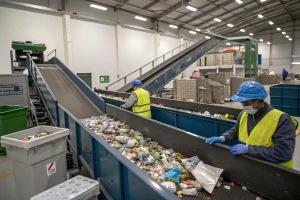Table of Contents
Are you familiar with the concept of waste sorting? Every type of waste produced needs to be sorted according to its specific type, as organic and inorganic waste have different handling methods.
Furthermore, sorting waste will also make the recycling process easier. For example, by separating plastic waste from vegetable waste, you can turn plastic waste into useful products.
This article discusses the importance of waste sorting and provides guidance on how to do it at home. So, read on until the end!
Why Is Waste Sorting Important?
Separating waste is crucial for facilitating the processing process, whether independently or with the help of recyclers. According to Sistem Informasi Pengelolaan Sampah Nasional (SIPSN), 40.26% of waste generated in Indonesia each year remains unmanaged.
By sorting waste, you are helping parties manage their waste at all times. Here are some reasons why you should sort your waste before throwing it away:
1. Easy to Do
Separating waste is very easy to do because it requires minimal effort. You can prepare two separate trash bins to separate organic and inorganic waste.
Collected organic waste can be turned into compost or eco-enzymes, and collected inorganic waste can be separated so it can be recycled.
2. Reduces Waste Piles
The next reason is to reduce waste piles. Throwing all types of waste into a single bin can cause it to fill up quickly and turn into a breeding ground for bacteria and germs. By separating it, you can distribute it directly to recyclers or landfills.
3. Makes Waste Easy to Recycle
As explained previously, organic and inorganic waste have their own processing methods. That being said, separating organic from inorganic waste streamlines the recycling process and enhances its efficiency.
Furthermore, separating inorganic and organic waste also prevents unpleasant odors from inorganic waste that is being recycled. As a result, the waste can be reused right away after being properly washed and dried.
4. Reduces Air Pollution
Piling and burning waste can cause air pollution, increase carbon emissions, and be harmful to the surrounding community, including your own family. Therefore, it is better to separate it and dispose of it in a landfill or hand it over to a waste bank.
5. Has Sales Value
Who would have thought that besides recycling inorganic waste, you could also sell it! Sorting your waste helps preserve the quality of inorganic materials by preventing contamination and unpleasant odors that can be caused by contact with organic waste.
For example, you can quickly wash plastic bottles with water and take off the labels after separating them from rotting vegetable waste. If it is already contaminated with vegetable waste, plastic bottles will be dirty and possibly smelly. As a result, you will need to wash them repeatedly to get them clean and valuable.
Read also: How to Get Rid of Trash: Proper Ways You Should Know!
How to Sort Waste at Home
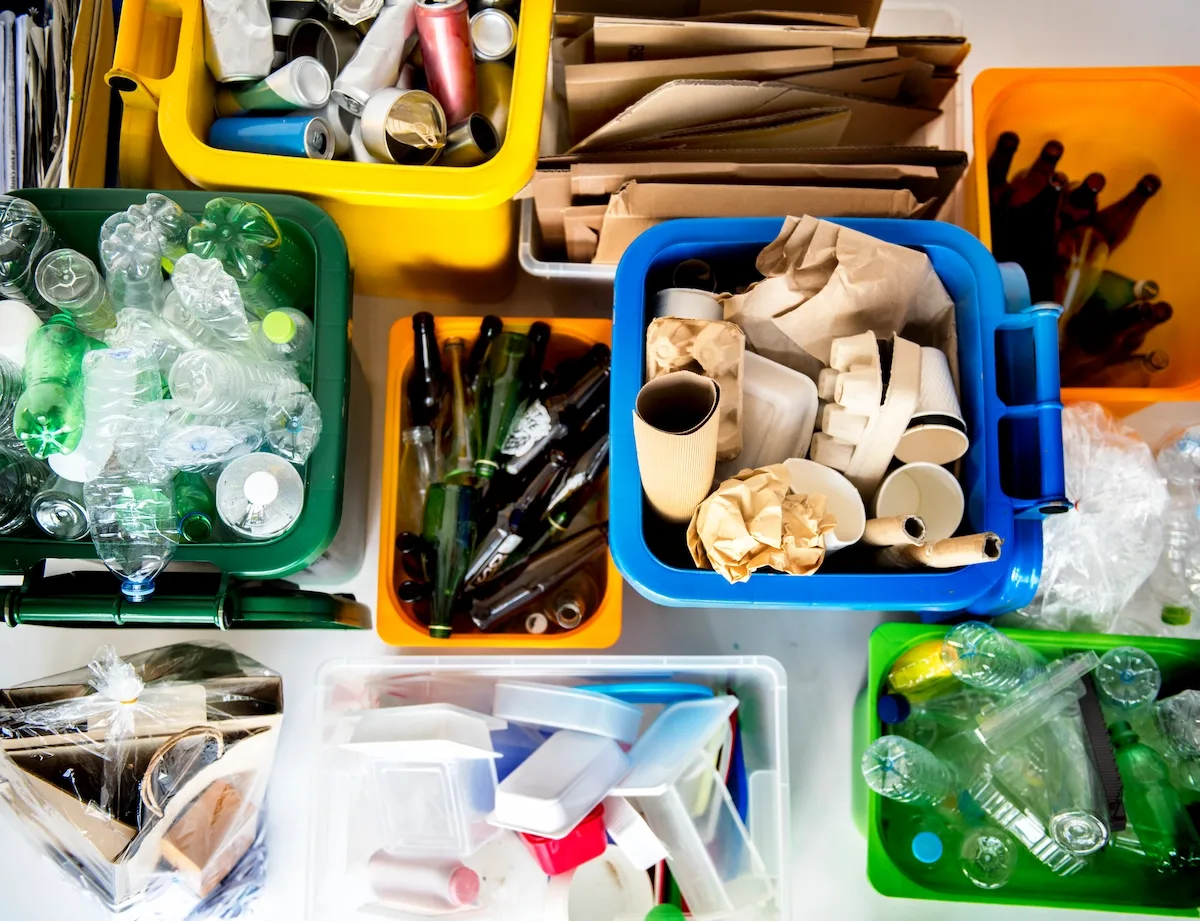
Sorting waste at home is relatively easy. You can get started by preparing multiple trash bags or bins to separate organic and inorganic waste. Below are some practical tips for sorting waste at home that you can try:
1. Sorting Organic Waste
To sort organic waste, you can divide it into wet and dry waste. Wet waste usually consists of food scraps, vegetable scraps, bones, thorns, and gravy. Meanwhile, dry organic waste usually consists of dry leaves, twigs, and other dead plant matter.
After separating them into these two categories, you can use the wet waste to make eco-enzymes or put it in biopore holes. Then, the dry waste can be used for composting.
2. Sorting Inorganic Waste
Inorganic waste includes plastic bottles, food packaging, cans, paper, etc. You can sort it by material and then clean them
After cleaning it, you can reuse the waste by making pencil cases from used plastic bottles, piggy banks from biscuit tins, and many more.
3. Sorting B3 Waste
B3 waste, also known as Hazardous and Toxic Materials, is distinct from both organic and inorganic waste. This waste requires special processing by someone with permits or certifications.
They may use special disposal systems, such as incineration (burning), deep well injection, or other methods, depending on the type of B3 waste. Examples of B3 waste include discarded batteries and out-of-date medicines.
Read also: 6 Waste Management Strategies You Can Wisely Implement
Operasi Semut: Waste Sorting Action from Indonesia Asri
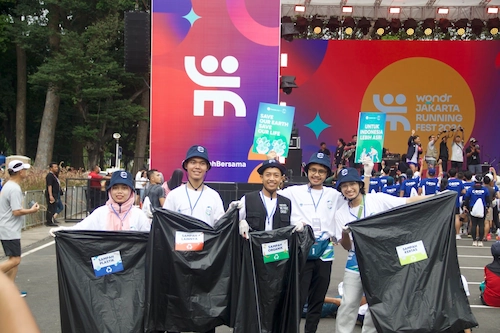
If you are interested in learning and implementing waste sorting, you can join Warga Asri and participate in Operasi Semut! Operasi Semut is a movement aimed at collecting and sorting waste before disposal, as well as educating the public through the hashtag #pilahsampah.
Operasi Semut has eight volumes scheduled until 2025 and is held at various events, including car-free days and sporting events such as the 2023 Jakarta Marathon, the Jakarta Running Festival, and the Jakarta Martial Arts Extravaganza.
Besides encouraging the public to be more active in waste sorting and implementing circular economy principles,
Operasi Semut also showcases several processed plastic products from the Chandra Asri Group, such as plastic asphalt, and also hosts fun games to test knowledge about the environment and sustainability.
This information has explained the importance of waste sorting and how to do it effectively at home. Sorting waste before disposal is crucial, as it enables processing according to its category and prevents environmental pollution.
Then, if you are interested in contributing to the environment, you can become a Warga Asri by joining Indonesia Asri!
You can participate in various programs; one of them is Operasi Semut, which aims to encourage the habit of sorting waste before disposal.
Furthermore, you can also participate in the exciting #SiPalingSustainable challenge, running until December 2025. This campaign encourages you to adopt a sustainable lifestyle in simple ways.
Do not delay! Register now and let’s contribute to creating a greener environment!
Read also: 8 Ways of Organic Waste Management, Easy and Eco-Friendly!


